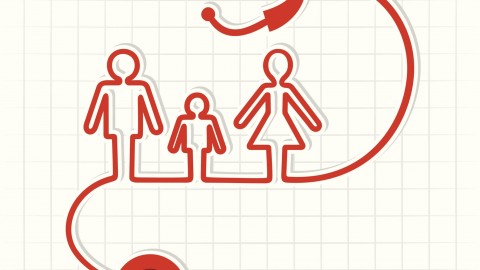A combination of two hormones – estrogen and progesterone, works together to prevent ovulation. The available medication for these hormones, if taken in an accurate way, makes you 99% assured of preventing a pregnancy.
However, women avoid the birth control tablets fearing that it may affect their fertility. But, it is just a myth.
Regular oral contraceptive tablets actually help you boost up fertility by lowering the chances of uterine and ovarian cancer. Being in your early 30s is the time when the chances of getting pregnant are at its peak.
Infact, you can get accurate results by going for a pregnancy test while consuming the tablet! The positive result of pregnancy is measured out with a specific hormone named – human chorionic gonadotropin (hCG) in blood or urine. Birth control tablet does not affect the levels of hCG in your body while figuring out the pregnancy result.
If you are on a family planning, then discontinue the intake of birth control tablet. According to different hormonal statuses, some need four to six weeks while many need two to three months to ovulate. Once you ovulate normally, your body is back to its normal state of fertility. Once the ovulation resumes, you can enjoy your pregnancy!
Image Courtesy: images2cosmoph















